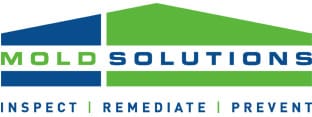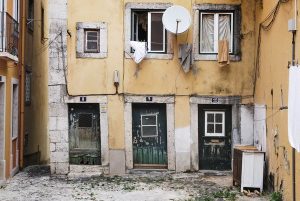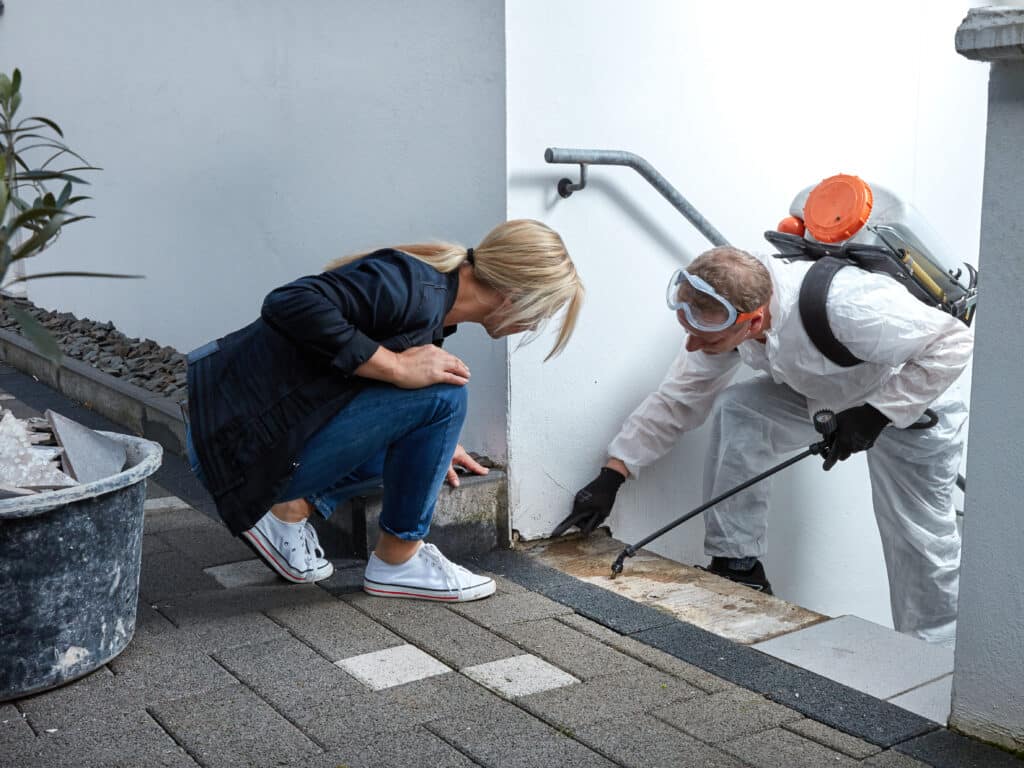What Causes Black Mold?
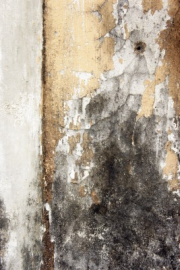
Black mold typically grows where there is a combination of:
- High humidity
- Dark, dank areas
- Areas that have neglected water damage
- Can be caused by leaks or floods
- Organic materials for it to feed off of
Extreme, but perfect examples of this are the homes that were flooded and abandoned in New Orleans when hurricane “Katrina” hit.
Because the homes were so badly damaged and under water for so long, the residents moved away, giving black mold the perfect breeding ground. The walls, ceilings and floors were totally covered in black mold, leaving the homes uninhabitable.
You don’t need a hurricane or other disaster to create the conditions for black mold to grow. You can have leaky pipes, a leak in the attic, blocked rain gutters that cause water to seep into your walls or a minor flood in the basement. If the problem and the damage goes undetected and untreated the toxic mold growth will begin.
What makes black mold toxic?
Mold reproduces and spreads by creating spores which travel through the air. As they land on surfaces that have the right conditions, they begin to grow and spread. They in turn create more spores, and the cycle continues.
If, when black mold spores travel through the air, they are inhaled by someone, they can settle in the lungs and bloodstream where they can grow and reproduce.
What are the symptoms of black mold poisoning?
A person who may have black mold poisoning may experience symptoms that are similar 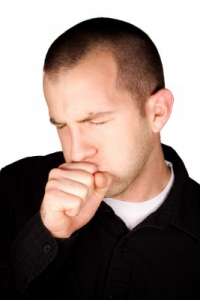
- Coughing
- Sneezing
- Runny nose
- Wheezing
They may also experience strong occurrences of allergy symptoms and asthma.
Toxic black mold syndrome can become a horrible illness, and unlike a cold, these symptoms will not go away by themselves, and will often end up as respiratory issues.
Like your symptoms, black mold in your home will not go away on its own – both you and your home need to be treated by professionals.
Don’t put it off, contact me right away if you suspect you have black mold growing in your home – your health depends on it!
